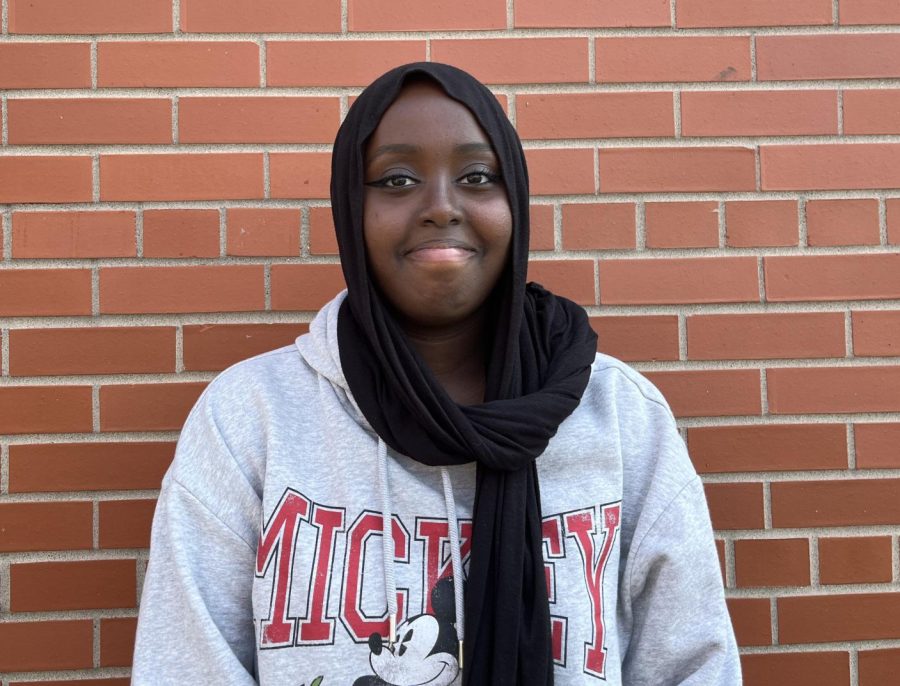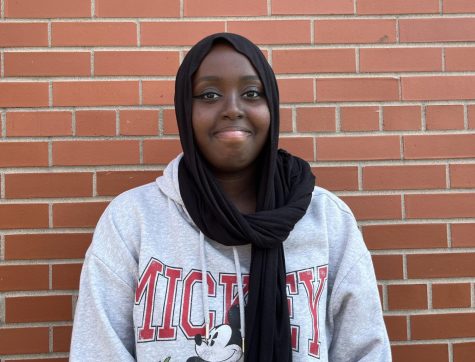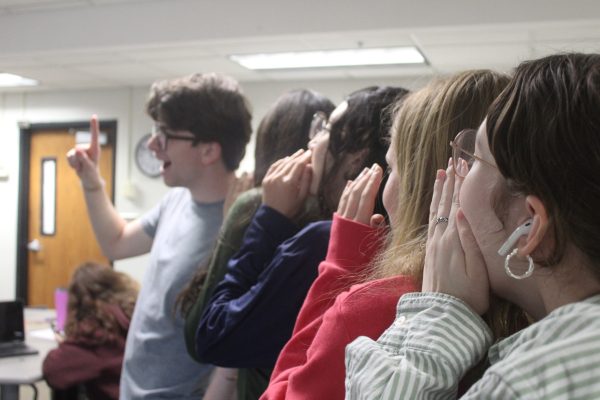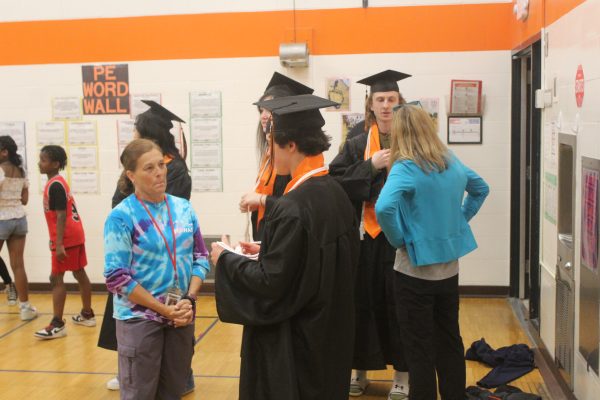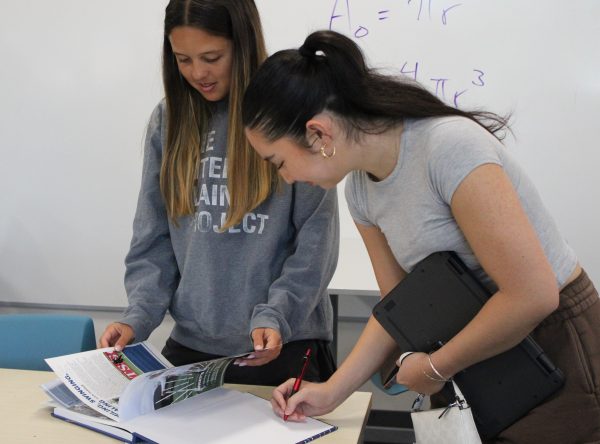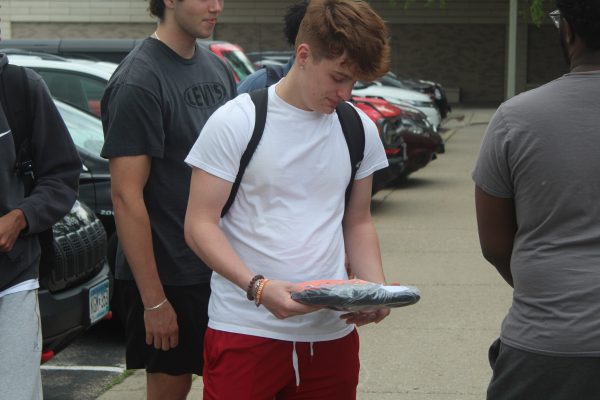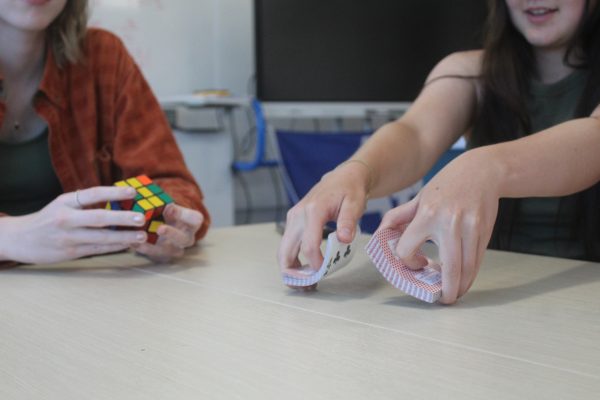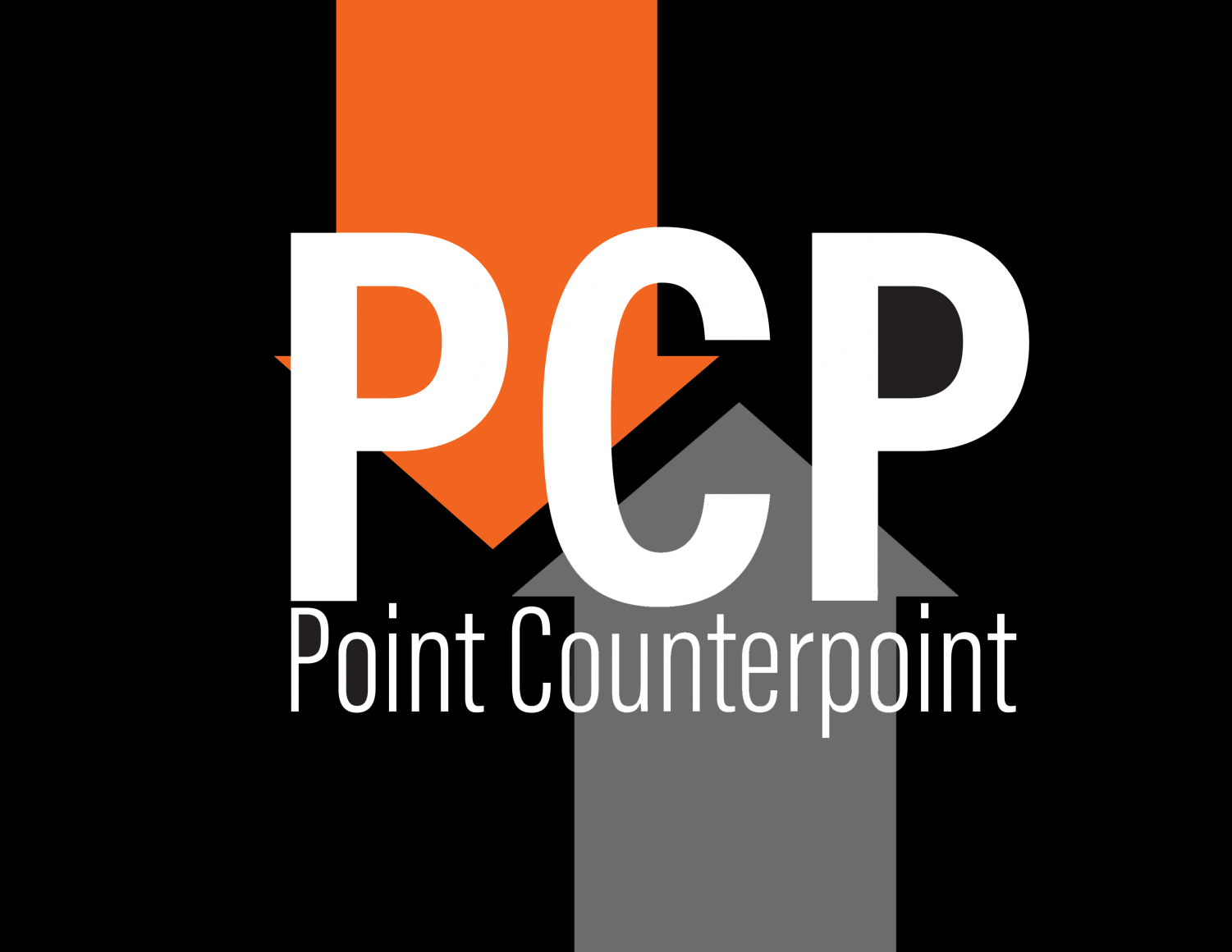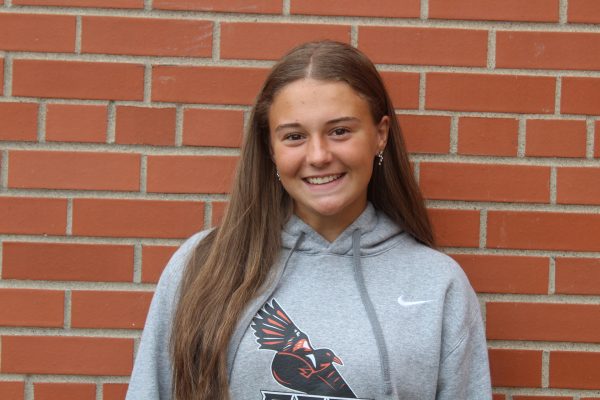The school-to-prison-pipeline continues to plague schools
Education essential to solution
March 12, 2023
While many might not know about the effects of the school-to-prison pipeline, it is still in play in all of our districts today, including Park. The school-to-prison pipeline disproportionately affects students of color and students with disabilities.
The textbook definition is “the disproportionate tendency of minors and young adults from disadvantaged backgrounds to become incarcerated because of increasingly harsh school and municipal policies.” The parts in play to keep the school-to-prison pipeline up and running are zero-tolerance policies, over policing schools and budget cuts causing a lack of counselors and social workers.
Statistics in Massachusetts show that Black students are four times and Latino students three times more likely to get suspended, than white students. Most of these suspensions aren’t criminal, violent or drug related, but they make up 66.5 percent of out-of-school suspensions. 72 percent of in-school and out-of-school suspensions and expulsions in total were for minor misbehavior. All of these suspensions/expulsions add up to these students missing critical learning and causing them to fall behind.
An example of the school-to-prison pipeline in play is in Meridian, Mississippi. Police routinely arrest and transport kids to a juvenile detention center for small classroom misbehaviors. Sadly this doesn’t only happen in Meridian, but it happens nationwide. Knowing that this has been going on for decades, not only upsets me, but saddens me. Also knowing that I could’ve fallen into the statistics makes me wonder how many more kids are going to end up in prison before real change happens. Even in Minnesota. A statistic from 2016 shows that at Park, Black students are eight-point-nine times more likely to be suspended, compared to a white student.
What I think we should do instead of enforcing stricter policies and over policing is to simply listen to the students. Instead of picking and choosing how you are going to discipline your students, try and educate them on what the school-to-prison pipeline is. I didn’t learn about the school-to-prison pipeline at school and it affects me. It affects all of us, whether we realize it or not. Schools should work to dismantle the school-to-prison pipeline system and educate their students on it. If I didn’t know about this system, I could’ve fallen victim to it.
Instead of acting like the school-to-prison pipeline doesn’t exist, learn about it. Teach others about it and the effects of the school-to-prison pipeline. Also talk to school board members and educators about this topic. In order to end this system of oppression, we must work together to get rid of it.



